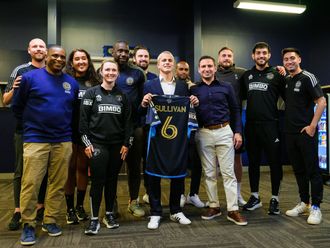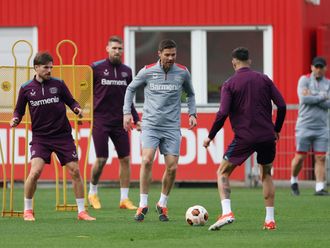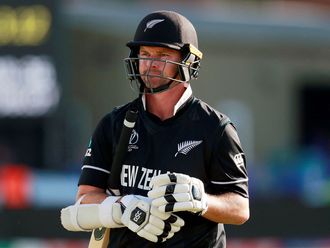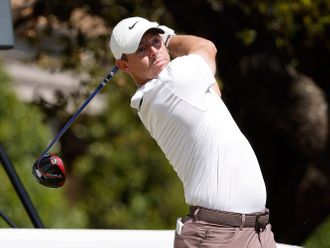
The UK is set to launch a parliamentary inquiry into the link between sports and brain injuries following several concerning incidents.
Footballing icon Sir Bobby Charlton was last year diagnosed with dementia, becoming the fifth player from England’s 1966 World Cup-winning squad to receive such a diagnosis. Nobby Stiles, Jack Charlton, Martin Peters and Ray Wilson, all had dementia at the time that they died.
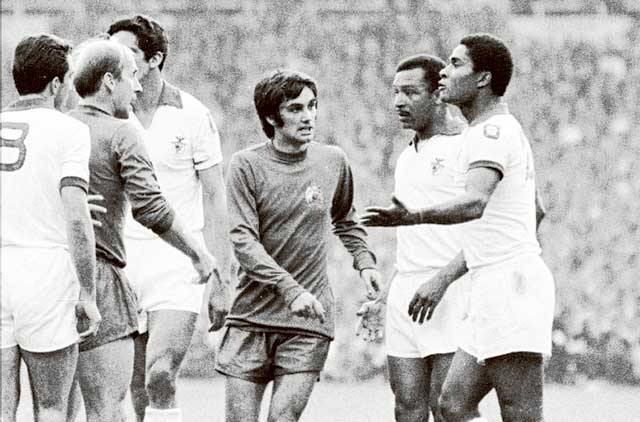
Members of Parliament (MPs) on the Digital, Culture, Media and Sport (DCMS) committee will investigate with the help of witnesses.
“We’ll ensure that people don’t suffer these injuries for taking part in the sport that they love,” Julian Knight, the DMCS chair, told Sky Sports.
“I want to know more about the topic, so do my colleagues on the committee, and we want to make fact-based recommendations to the government and also to sporting bodies,” he added.
Knight added that there will be special attention to the government’s roles and responsibilities in mitigating any possible risks to player’s neurological well-being, according to the BBC.
"There is no other reasonable explanation"
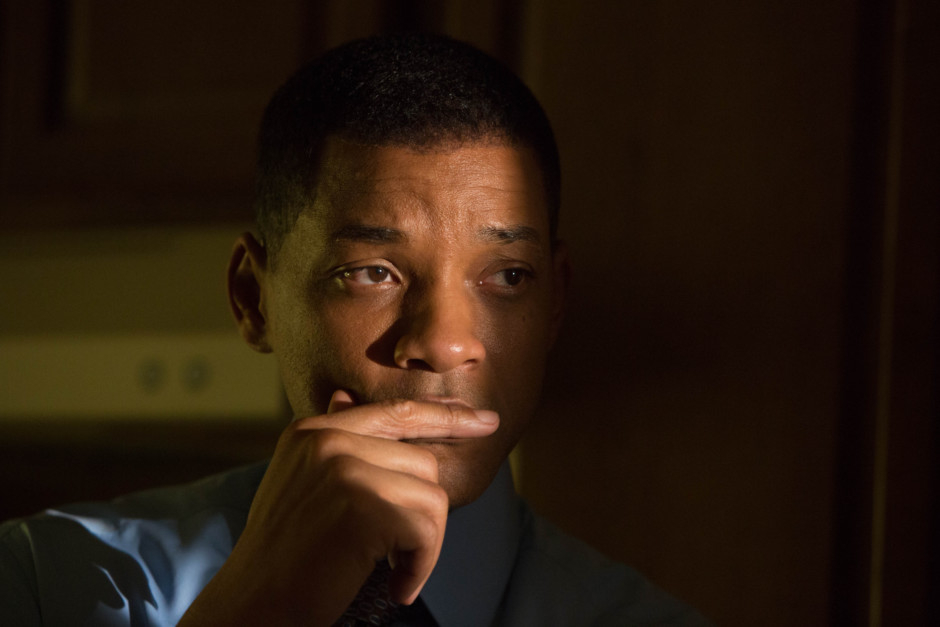
West Bromwich Albion’s Jeff Astle choked to death in 2002 at the age of 59, due to a degenerative brain diseases. He became known as the first British footballer to die as a result of heading footballs.
However, there are athletes from other sports in the UK, who are also speaking up. In December of 2020, a group of at least ten former rugby players — the youngest of whom was 30-year-old Adam Hughes — launched a class-action lawsuit against World Rugby, England’s Rugby Football Union (RFU) and the Welsh Rugby Union (WRU), alleging a failure to protect them from the dangers of head injuries.
“The players we represent have only recently obtained a diagnosis of permanent brain damage,” stated law firm Rylands Law, listing problems such as “early onset dementia, depressions and symptoms and signs of chronic traumatic encephalopathy,” also known as CTE.
CTE has long been a hot button issue in contact sports, particularly within wrestling, boxing and American football players. Other sports such as rugby, football and ice hockey have also been impacted. CTE refers to damage that impacts the way the brain works and changes one’s mental state, causing confusion and altered behaviour.
“There is no other reasonable explanation for such diagnoses other than from concussion and sub-concussive injuries sustained whilst playing rugby union in matches and in training sessions,” the law firm representing the rugby players added.
The neurodegenerative disease is caused by repeated blows to the head and results in behavioural and mood problems. In extreme cases, it has been linked with violence, substance abuse and suicide, though research into causation is still ongoing.
In 2015, Will Smith starred in the film ‘Concussion’ as a Nigerian-born pathologist who raises the issue of brain damage in sports, inspired by the true story of Bennet Omalu.
Omalu was the first neuropathologist in history to publish findings on CTE in American football.


